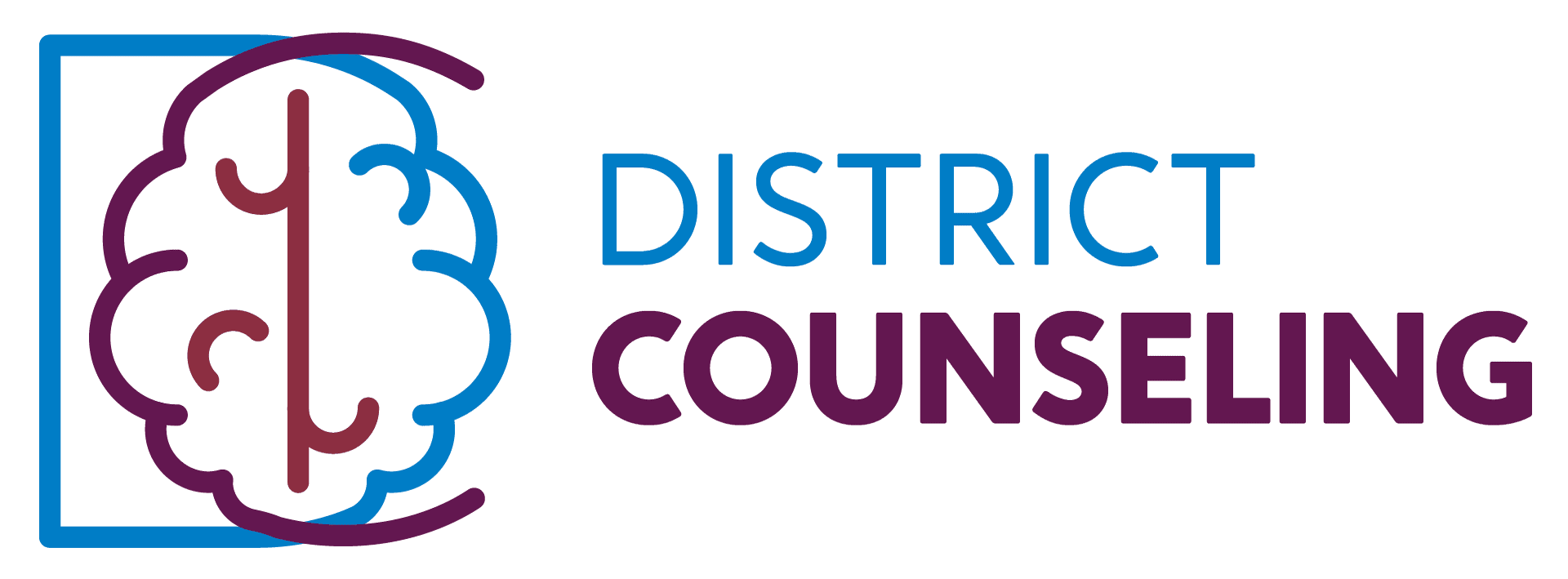The news of another wildfire breaking out, this time in Los Angeles County, can feel like a distant headline for some. But for many Texans, it hits close to home, stirring up a familiar mix of anxiety, fear, and uncertainty. We understand that living in a state prone to natural disasters means that the threat of wildfires is an ever-present reality. This constant undercurrent of stress can take a significant toll on our mental well-being, even when we are not directly in the path of the flames.
The emotional impact of such events is profound. The constant news alerts, the images of destruction, and the personal stories of loss can trigger a range of psychological responses. It’s a shared trauma that ripples through communities, reminding us of our vulnerability and the fragility of the life we’ve built. If you find yourself feeling overwhelmed by this recent news, know that you are not alone and your feelings are valid. This is a normal human response to a stressful and frightening situation.
The Unseen Scars: Understanding the Psychological Impact of Wildfires
While the physical devastation of a wildfire is immediately apparent, the psychological wounds can be deeper and longer-lasting. This “disaster-related stress” can manifest in various ways, and it’s crucial to recognize the signs in yourself and your loved ones.
One of the most common responses is a heightened sense of anxiety. You might find yourself constantly checking the news, feeling on edge, or having difficulty sleeping. This is your body’s natural “fight or flight” response kicking into overdrive, a state of hypervigilance that can be emotionally and physically exhausting. For those who have experienced previous natural disasters, this anxiety can be even more pronounced, as new events can trigger memories of past trauma.
Another significant mental health challenge is “eco-anxiety,” a term used to describe the chronic fear of environmental doom. The increasing frequency and intensity of wildfires and other extreme weather events can lead to feelings of hopelessness, grief, and anger about the state of our planet. This can be particularly challenging for younger generations who are grappling with the long-term implications of climate change.
It’s also important to acknowledge the potential for Post-Traumatic Stress Disorder (PTSD) in the aftermath of a wildfire. While often associated with direct exposure to a traumatic event, the constant threat and the emotional toll of witnessing widespread destruction can also lead to PTSD symptoms. These can include flashbacks, nightmares, and severe anxiety. If you are struggling with these symptoms, seeking professional help from a qualified therapist in Houston or your local area is a critical step towards healing
Building Resilience: Practical Strategies for Coping with Wildfire Anxiety
In the face of such overwhelming events, it’s easy to feel powerless. However, there are proactive steps you can take to manage your anxiety and build emotional resilience. Here are some practical coping strategies:
- Limit Your Media Exposure: While it’s important to stay informed, constant exposure to distressing news and images can be detrimental to your mental health. Designate specific times to check for updates and avoid “doomscrolling,” especially before bed.
- Focus on What You Can Control: Anxiety often stems from a feeling of powerlessness. Counteract this by focusing on what is within your control. This could be creating a family emergency plan, preparing a “go-bag,” or taking steps to make your property more fire-resistant. These actions can provide a sense of agency and reduce feelings of helplessness.
- Stay Connected to Your Community: Social support is a powerful buffer against stress. Reach out to friends, family, and neighbors. Talking about your fears and anxieties with trusted individuals can help you feel less alone and more understood. Community gatherings and support groups can also be invaluable resources for shared healing.
- Practice Mindfulness and Grounding Techniques: When you feel overwhelmed by anxiety, mindfulness exercises can help bring you back to the present moment. Simple techniques like deep breathing, meditation, or a “5-4-3-2-1” grounding exercise (naming five things you can see, four things you can feel, three things you can hear, two things you can smell, and one thing you can taste) can help calm your nervous system.
- Maintain a Healthy Routine:In times of stress, it’s more important than ever to prioritize your physical health. Ensure you are getting enough sleep, eating nutritious meals, and engaging in regular physical activity. These foundational habits can have a significant positive impact on your mental well-being.
When to Seek Professional Help: Your Path to Healing
While these coping strategies can be incredibly helpful, there are times when professional support is necessary. If your anxiety is persistent, interfering with your daily life, or if you are experiencing symptoms of trauma, reaching out to a mental health professional is a sign of strength.
For those seeking **counseling in Texas**, there are numerous resources available. A therapist can provide you with a safe space to process your emotions, develop personalized coping mechanisms, and work through any underlying trauma. For more severe symptoms or if medication might be beneficial, consulting with a **psychiatrist in Texas** is a crucial step. Professionals in **psychiatry in Houston** and across the state can offer a comprehensive approach to your mental health care, combining therapy with medication management when appropriate.
You don’t have to navigate these challenging emotions on your own. Taking the step to seek help is an investment in your long-term well-being and resilience.f you are struggling to cope with anxiety, stress, or the emotional impact of recent news, please reach out to us. Our compassionate team of therapists and psychiatrists is here to support you on your journey to healing. Contact our office today to schedule a confidential consultation.

Arely Ambriz
December 26, 2025
Is Holiday Pressure Compounding Your Mid-Week Stress? A Therapist Answers Your FAQ
Feeling more frazzled than festive this holiday season? Get actionable advice on managing financial anxiety, setting social boundaries, and coping with grief to navigate holiday stress and find peace....

Arely Ambriz
December 26, 2025
Navigating the Mistletoe & Minefields: Finding Connection When Holiday Cheer Feels Strained
Struggling with holiday stress in your relationship? Discover three simple strategies to navigate disagreements and stay connected with your partner. Learn how to turn chaos into connection with tips on...

Arely Ambriz
December 23, 2025
The Great 2025 Workplace Reset: Are New Mental Health Benefits Enough?
Ready to kick off your new beginning? Learn how to overcome mental blocks, take the first step, and build your support team to turn ambition into a winning season...

Arely Ambriz
December 22, 2025
Your Championship Season: How to Kick-Off Your Own New Beginning
Ready to kick off your new beginning? Learn how to overcome mental blocks, take the first step, and build your support team to turn ambition into a winning season...

Development Funnel Boost Media
December 22, 2025
Signs You May Need Counseling (Even If You’re “Functioning”) in Austin, TX
Many people believe therapy is only for those in crisis. In reality, some of the people who benefit most from counseling are those who appear to be “doing fine” on...

Arely Ambriz
December 19, 2025
Is Your Personal “Credit Rating” at Risk? How to Rebalance Your Life’s Budget
Feeling anxious about world events? Learn how to navigate stress in your relationship with our Q&A. Discover practical communication tips to turn shared anxiety into genuine connection and support for...

Arely Ambriz
December 18, 2025
Beyond the Headlines: Are We Really Talking to the People We Love?
Feeling anxious about world events? Learn how to navigate stress in your relationship with our Q&A. Discover practical communication tips to turn shared anxiety into genuine connection and support for...

Arely Ambriz
December 17, 2025
That ‘Someone’s Watching’ Feeling: Navigating Mid-Week Anxiety in a High-Alert World
Feeling overwhelmed by work stress and digital anxiety? Learn how to manage mid-week slumps and protect your mental well-being in a fast-paced world. Explore actionable coping mechanisms to regain control....

Arely Ambriz
December 16, 2025
The Innovation Anxiety: Is Your Company’s ‘Next Big Thing’ Stressing You Out?
Navigate workplace change with confidence. Learn how to manage anxiety, build resilience, and adapt to evolving roles with actionable strategies and support....

Arely Ambriz
December 15, 2025
From the Racetrack to a Festival of Lights: Fueling Your Own New Beginning This Monday
Discover the lessons of Hanukkah in overcoming challenges and starting anew. Explore small steps to achieve your goals and find support with compassionate psychiatry and counseling in Texas....

